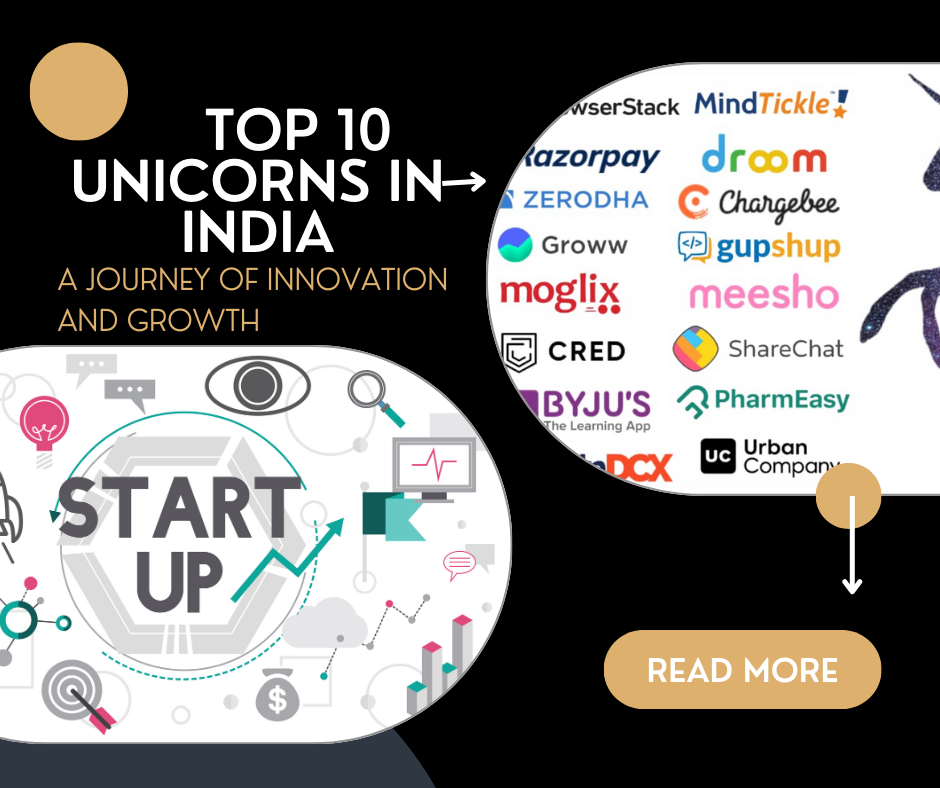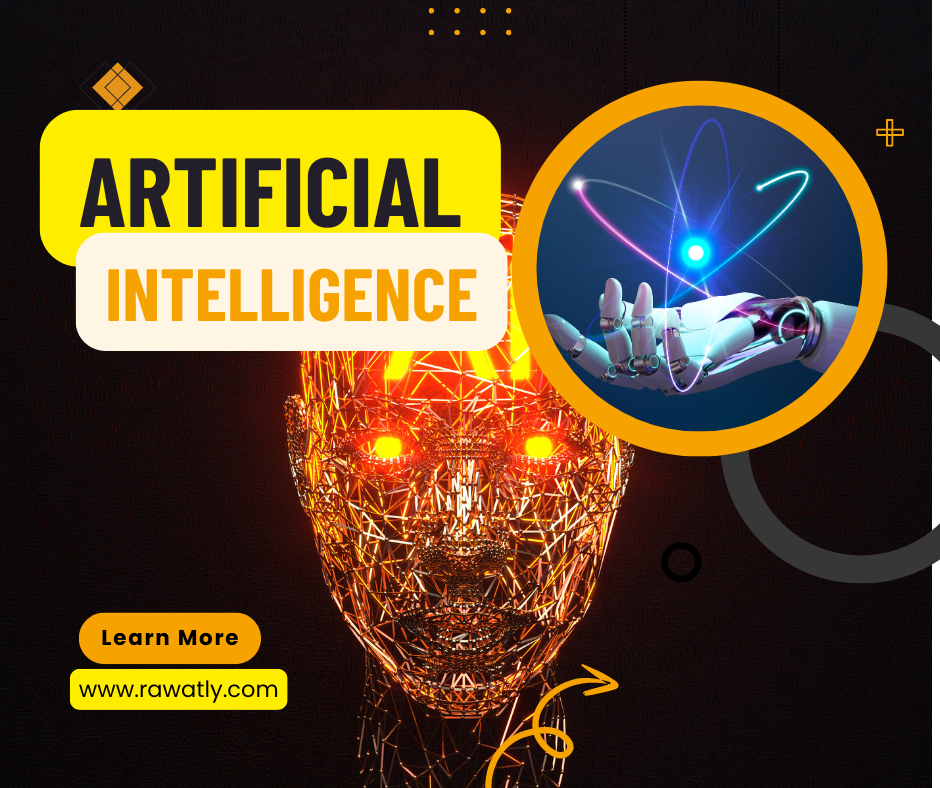
As the business landscape continues to evolve at a rapid pace, staying ahead of the latest trends is crucial for success. Here are the top business trends that will shape industries in 2025 and 2026:
1. AI and Automation Revolution
Artificial intelligence (AI) and automation will continue to become increasingly integrated into business operations. From AI-driven customer service chatbots to automated supply chains, businesses will leverage technology to improve efficiency and reduce costs. Companies that embrace AI will have a competitive edge in productivity and innovation.
2. Rise of the Remote and Hybrid Workforce
The shift toward remote and hybrid work models will continue to reshape businesses. Companies will invest in digital collaboration tools, virtual offices, and AI-powered workflow automation to support distributed teams. The ability to attract global talent will become a significant advantage for businesses that adapt to this model.
3. Sustainable and Green Business Practices
Sustainability will no longer be optional—it will be a business necessity. Consumers and investors will favor companies that adopt eco-friendly practices, such as carbon neutrality, zero-waste manufacturing, and sustainable supply chains. Governments will also impose stricter environmental regulations, pushing businesses to adapt.
4. The Expansion of Web3 and Blockchain Applications
Blockchain technology and Web3 applications will go beyond cryptocurrencies. Decentralized finance (DeFi), non-fungible tokens (NFTs), and smart contracts will revolutionize industries like finance, real estate, and supply chain management. Businesses that adopt blockchain solutions will benefit from increased security and transparency.
5. Personalization and Hyper-Targeted Marketing
Marketing strategies will become more data-driven, leveraging AI and big data to deliver hyper-personalized content. Businesses will use advanced customer insights to create customized experiences, increasing engagement and brand loyalty. Privacy regulations will also play a key role in how data is collected and used.

6. Metaverse and Virtual Experiences
The metaverse will open new opportunities for businesses, from virtual real estate to immersive e-commerce experiences. Companies will experiment with virtual storefronts, augmented reality (AR) shopping, and digital events to engage customers in innovative ways.
7. Cybersecurity as a Top Priority
With increasing digital transformation comes a rise in cyber threats. Businesses will invest heavily in cybersecurity solutions, including AI-driven threat detection, biometric authentication, and blockchain-based security measures. Protecting consumer data will be a top priority.
8. Subscription-Based Business Models
Subscription-based services will continue to grow across industries, from software and entertainment to food delivery and healthcare. Businesses will focus on creating recurring revenue streams and increasing customer lifetime value through memberships and loyalty programs.
9. The Evolution of E-Commerce and Social Commerce
E-commerce will continue to thrive, with social media platforms integrating more shopping features. Live shopping, influencer marketing, and AI-driven product recommendations will enhance the online shopping experience. Brands will need to optimize their presence on platforms like Instagram, TikTok, and emerging social commerce channels.
10. Health and Wellness Industry Boom
The demand for health and wellness products and services will grow exponentially. Businesses in fitness tech, mental wellness, organic food, and preventative healthcare will see increased consumer interest. Companies prioritizing employee well-being will also attract and retain top talent.
Final Thoughts
Businesses that stay ahead of these trends will have a strategic advantage in the coming years. Whether it’s adopting AI, embracing sustainability, or exploring new digital landscapes, the key to success in 2025 and 2026 will be adaptability and innovation.





























